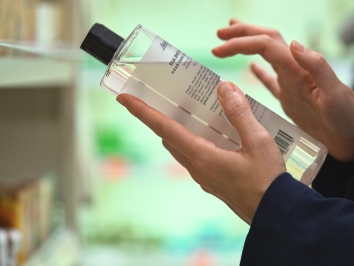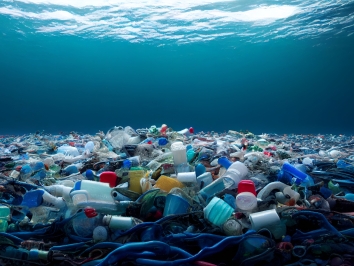Pesticides then and now: Rachel Carson’s warning still echoes
On Rachel Carson's birthday, we pay tribute to a scientist whose foresight changed the course of environmental history. Learn how Silent Spring is continuing her legacy.

Here, you’ll find the latest news about our research and our impact. For detailed information about our past and present projects, please explore Our Science.
On Rachel Carson's birthday, we pay tribute to a scientist whose foresight changed the course of environmental history. Learn how Silent Spring is continuing her legacy.

New study focusing on Black and Latina women found cancer-causing preservatives in lotions, soaps, cosmetics.

Avoiding formaldehyde and formaldehyde-releasing preservatives can be tricky. Here are some tips for keeping this biology class standby out of your body.

People come into contact with endocrine disrupting chemicals in many different products—and these exposures add up. Scientists and health professionals recommend limiting your exposure as much as you can to reduce your risk of health problems.

Product labels are famously cryptic. Here's what to look for, and what different words or logos can say about a product’s safety.

Interviews with major retailers and manufacturers show how Proposition 65 promotes greater transparency around harmful chemicals in products and shifts markets toward safer products.

Hispanic communities more likely to have poorer water quality, higher exposures to PFAS.

Hundreds of chemicals that influence the development of breast cancer are used in everyday plastic items, according to new study by Silent Spring.

Study led by Silent Spring identifies 12 toxic chemicals that put female firefighters at increased risk for the disease.

First study to evaluate effectiveness of Proposition 65 shows benefits of law extend nationwide.
